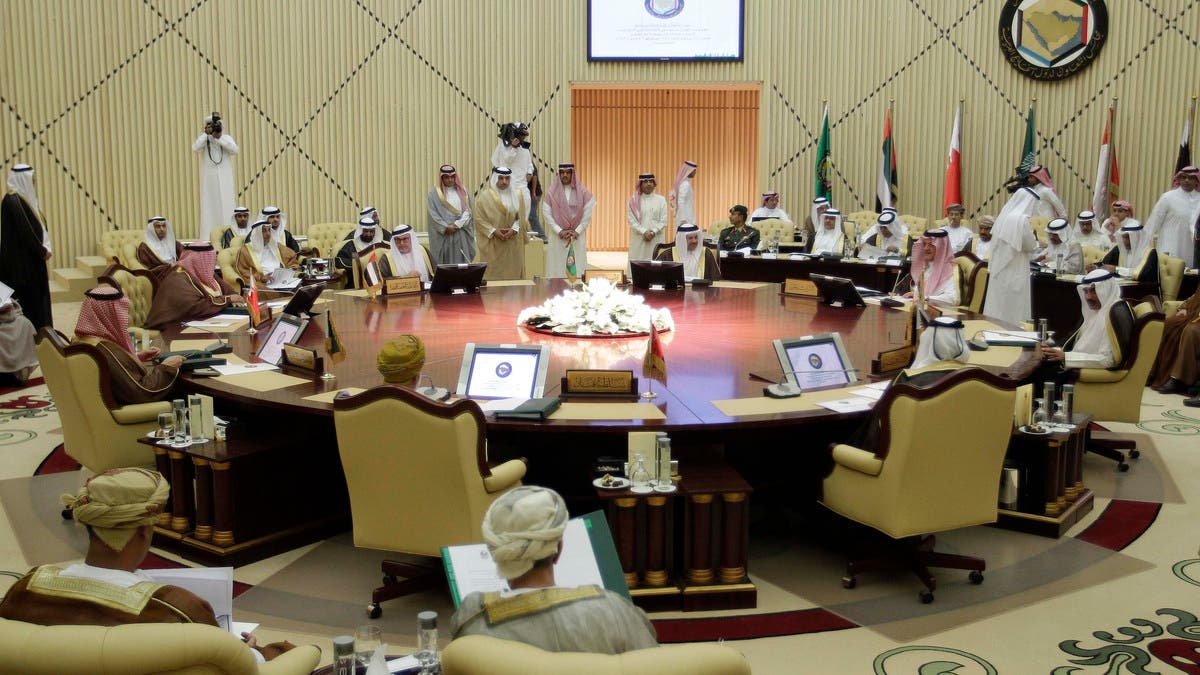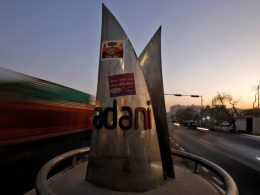In what could be a disastrous situation if comes true, Gulf states are urging the U.S. to stop Israel from attacking Iran’s oil sites, worried that if Israel strikes, their own oil facilities could be targeted by Iran’s allies in retaliation. Countries like Saudi Arabia, the UAE, and Qatar are trying to avoid being caught in the middle of the conflict. They’ve even refused to let Israel use their airspace for any attack on Iran, and they’ve made this clear to Washington.
Israel has stated that Iran will pay a heavy price for its missile attack last week. On the other hand, Tehran warned any retaliation would be met with vast destruction, thus raising fears of a wider war in the region that could potentially draw in United States.
The Gulf states move comes in after a diplomatic push by non-Arab Shi’ite Iran to push its Sunni Gulf neighbours to use their clout with Washington as fears escalate that Israel could target Iran’s oil production facilities.
It is being stated that Tehran has very clearly outlined in a message to Riyadh that its allies in countries like Iraq or Yemen might respond if there was any regional support for Israel against Iran. On Wednesday talks between Saudi de facto ruler, Crown Prince Mohammed bin Salman, and Iranian Foreign Minister Abbas Araqchi, who was on a Gulf tour to rally support, focused on a potential Israeli strike, Gulf and Iranian sources said.
The visit by the Iranian minister’s, along with Saudi-American communications at defence ministry level, are part of a coordinated effort to address the crisis, according to Gulf source close to government circles.
A person in Washington familiar with the discussions confirmed that Gulf officials had been in touch with U.S. counterparts to express concern about the potential scope of Israel’s expected retaliation.
However, when asked whether Gulf governments had asked Washington to ensure Israel’s response was measured, the White House declined comment. On Wednesday, U.S. President Joe Biden and Israeli Prime Minister Benjamin Netanyahu spoke about the Israeli retaliation in a call both sides described as positive.
Is Precious Oil At All Time High Risk
OPEC, the oil organization led by Saudi Arabia, has enough spare oil capacity to replace any loss of Iranian oil if Israeli retaliation damages Iran’s facilities. However, much of this spare oil is located in the Gulf region, so if oil sites in Saudi Arabia or the UAE are also attacked, there could be a global oil shortage.
Saudi Arabia has been particularly cautious about the possibility of an Iranian strike on its oil plants, especially after the 2019 attack on its Aramco oilfield, which temporarily shut down over 5% of the world’s oil supply.
Although Iran denied any involvement, the risk remains a concern.
Despite recent diplomatic progress between Saudi Arabia and Iran, trust between them is still fragile. Gulf countries such as Saudi Arabia, the UAE, Qatar, Bahrain, and Kuwait also host U.S. military bases or troops, which adds further to the dicey situtaion.
These concerns have been a major topic of discussion between UAE officials and the U.S., especially since the 2022 attack by Iran-backed Houthi rebels on the UAE’s state oil company, ADNOC. The Houthis fired missiles and drones at oil refueling trucks near an oil refinery in Abu Dhabi, raising fears about future attacks on critical oil infrastructure in the Gulf.
As mentioned before, the Gulf states, including Saudi Arabia, the UAE, and Qatar, have refused to allow Israel to use their airspace for any attack on Iran, hoping this will help protect their own oil facilities from being targeted in retaliation. Gulf officials have emphasized that Israel can find other routes for any potential strikes, such as through Jordan or Iraq. Israel also has mid-air refueling capabilities, allowing its jets to bypass Gulf airspace by flying down the Red Sea into the Indian Ocean and then towards the Gulf.
At the moment, Israel has not yet decided whether it will target Iran’s oilfields as part of its response, according to two senior Israeli officials. While this option is being considered, Israeli Defense Minister Yoav Gallant has promised that any Israeli strike will be “lethal, precise, and surprising.” However, Gulf countries, especially Saudi Arabia, are concerned about being caught in a “missile war” if Israel targets Iran’s oil installations, which could have global consequences.
An Israeli strike on Iran’s oil infrastructure would have a significant impact on the global oil market, especially for China, which is Iran’s largest oil customer. Such a move could also affect the U.S. economy and the upcoming presidential election, where rising oil prices—potentially up to $120 per barrel—could harm Kamala Harris’ chances against Donald Trump. Because of this, Gulf sources believe that the U.S. will not want the conflict to escalate into an “oil war.”

Gulf States Right In The Middle of Missile War
Even though Gulf states have advanced missile defense systems, like the Patriot defense system, they still face challenges in fully protecting their oil facilities. As a result, their main strategy is diplomatic—sending signals to Iran that the Gulf states do not pose a threat and seeking to de-escalate tensions.
Israel is most likely to calibrate its response and as of Wednesday, it being stated that it has not yet come to the decision whether it would strike Iran’s oilfields, according to two senior Israeli officials. However, the option was one of a number presented by the defence establishment to Israeli leaders.
“We will be in the middle of a missile war. There is serious concern, especially if the Israeli strike targets Iran’s oil installations,” a Gulf source said.
Oil prices jump 4% on US storm and Israel-Iran fears
Meanwhile Oil prices jumped by around 4% on Thursday due to a combination of factors: rising fuel demand in the U.S. ahead of Hurricane Milton hitting Florida, concerns about oil supplies in the Middle East, and signs of increasing energy demand in both the U.S. and China.
Brent crude oil rose by $2.82, settling at $79.40 a barrel, while U.S. crude (West Texas Intermediate) increased by $2.61 to settle at $75.85 a barrel.
In Florida, about 25% of gas stations ran out of fuel, and the hurricane knocked out power to over 3.4 million homes and businesses. Supply issues are expected to continue into the next week due to widespread power outages and delayed fuel deliveries.
Earlier in the month, oil prices spiked after Iran launched over 180 missiles at Israel on October 1, raising fears of potential retaliation against Iran’s oil facilities. Although Israel hasn’t responded yet, investors remain cautious after Israeli Defense Minister Yoav Gallant promised a strong and precise retaliation.
Iran, a member of OPEC, produced around 4 million barrels of oil per day in 2023. The country supports groups like Hezbollah, Hamas, and the Houthis, who have all been involved in conflicts with Israel. Recently, Israel conducted strikes in Lebanon targeting Hezbollah, and the Houthis claimed to have attacked ships in the Red Sea and Indian Ocean in support of Palestinians.

Addressing U.S. and China Demand
Meanwhile, China, the world’s second-largest oil consumer, has introduced a draft law aimed at encouraging the growth of its private sector. This move is part of efforts to boost investor confidence amid an economic slowdown and could lead to higher oil demand.
In the U.S., markets became more hopeful that the Federal Reserve would lower interest rates in November. This expectation came after data showed a rise in weekly jobless claims and the lowest annual inflation increase since February 2021.
Analysts from ING bank stated that the debate over U.S. jobs numbers and inflation data leaves the future of Fed policy uncertain. However, they expect the Fed to cut rates by 25 basis points in both November and December.
After raising interest rates sharply in 2022 and 2023 to control rising inflation, the Fed began lowering rates in September. Lower interest rates make borrowing cheaper for businesses and consumers, which can lead to economic growth and an increase in oil demand.
Hence, any attack on Iran oil sites by Israel will have a much profound impact globally.









